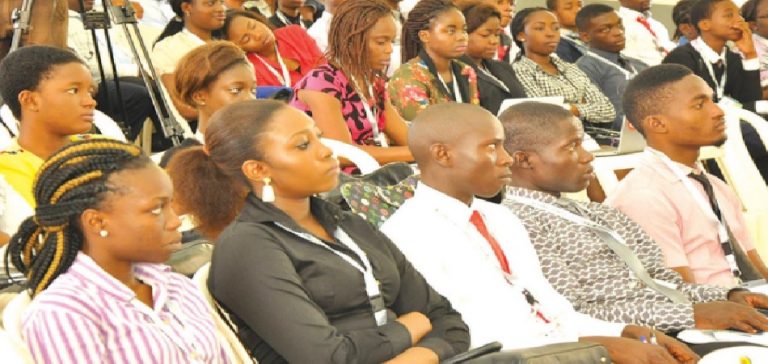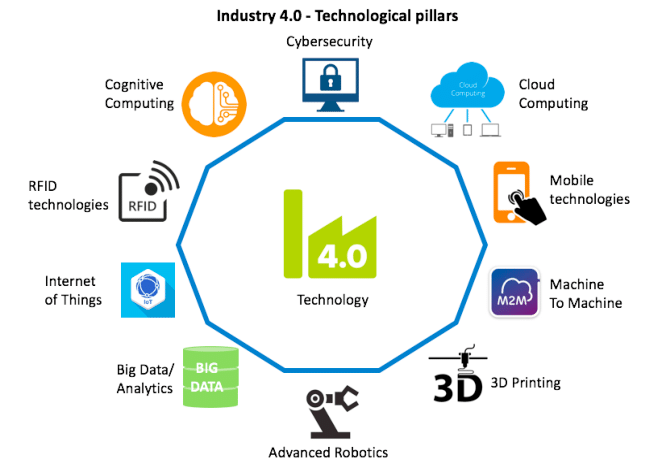
By Nnamdi Odumody
It is less than 90 days to the most anticipated Presidential Election in Nigeria’s history on February 16th 2019. It’s a contest between the incumbent President; Gen Muhammadu Buhari(rtd) who is seeking a second term mandate with his ‘’Next Level’’ manifesto and his main challenger Atiku Abubakar a former Vice President of the Federal Republic during the Olusegun Obasanjo administration between 1999-2007, former Central Bank Of Nigeria Deputy Governor and economist Prof Kingsley Moghalu, Former World Bank Executive and Minister of Education Dr Obiageli Ezekwesili, journalist and founder of online news platform Sahara Reporters; Omoyele Sowore, Business Transformation cum Motivational Speaker Fela Durotoye amongst others.
Whoever emerges victorious at the polls should know that his victory is not a tea party. There are 13 million children out of school while the number of unemployed Nigerians is 20.93 million and home to the world’s largest number of people living with poverty at 87 million. Investment in Human Capital Development is at an all time low with 7 percent allocated to education in 2018 and less than 10 percent also in the 2019 budget respectively falling short of UNESCO’s benchmark of 26 percent.
Register for Tekedia Mini-MBA edition 19 (Feb 9 – May 2, 2026): big discounts for early bird.
Tekedia AI in Business Masterclass opens registrations.
Join Tekedia Capital Syndicate and co-invest in great global startups.
Register for Tekedia AI Lab: From Technical Design to Deployment (next edition begins Jan 24 2026).
The government of the day has had to cope with falling oil prices while trillions of naira is spent on petroleum subsidy and the Social Intervention Programmes which has not translated into lifting majority of the citizens from the poverty trap. How can the next administration prepare Nigerian youths for the Fourth Industrial Revolution?
Increased Investment and Redesign of Education Curriculum
The next administration should allocate not less than 26 percent of annual budget to Education and Human Capital Development in the country. Our curriculum should be redesigned to prepare our undergraduates in Universities and Polytechnics with skills needed for the Fourth Industrial Revolution. They Include:
- Data Science and Artificial Intelligence
- 3D Printing
- Cybersecurity
- Cloud Computing
- Robotics
- Embedded Systems Development
- Internet Of Things
- Blockchain
- Augmented and Virtual Reality
- Collaboration
- Emotional Intelligence
- Agility and Adaptability
- Critical Thinking
These skills should be embedded into an e-learning portal leveraging Artificial Intelligence, Virtual Reality in a gamified experience which will be used to train 60 million Nigerian youths from the six geopolitical zones.
Creation of Innovation Hubs Across The Six Geopolitical Zones
Innovation Hubs which will create at least 1 million jobs from technology developed should be established across the six geopolitical zones. Each Hub will be required to create innovative solutions to the problems which are peculiar to them, Nigeria and Africa at large. The Universities in each zone will be the knowledge partners for the regional innovation Hubs providing Research and Development services to entrepreneurs in the hubs.
 Technologies for industry 4.0 (source: researchgate)
Technologies for industry 4.0 (source: researchgate)
Establishment of National Innovation Fund and National Venture Capital Fund of $5 billion each
The National Innovation Fund of $5billion should be established by the federal Government. This fund will be sourced from the floating of NNPC shares on the capital market after divesting 30 percent of it’s shares on the New York Stock Exchange which will boost it’s market capitalization to about $200 billion. This fund will be managed by a Chief Scientist and Innovation Officer of the Federation and will have representatives of the academicia, defense and private sector on it’s board. It will be saddled with funding R&D in Climate Change Issues, Clean Energy Generation and Distribution, Security Issues, Smart Health, Smart Learning, Food Security, Smart Construction, Smart Transportation e.t.c. All universities and polytechnics will be given Innovation grants from this fund and their solutions will be commercialized by entrepreneurs.
The National Venture Capital Fund of $5billion will be established by the Federal Government of Nigeria and the private sector to fund 6 million entrepreneurs from the six geopolitical zones who will create a minimum of 10 jobs to boost the economy. They will be given tax exemption for four years and other necessary support such as entrepreneurial capacity development to help their ventures scale across Nigeria and Africa making revenue and profits.



